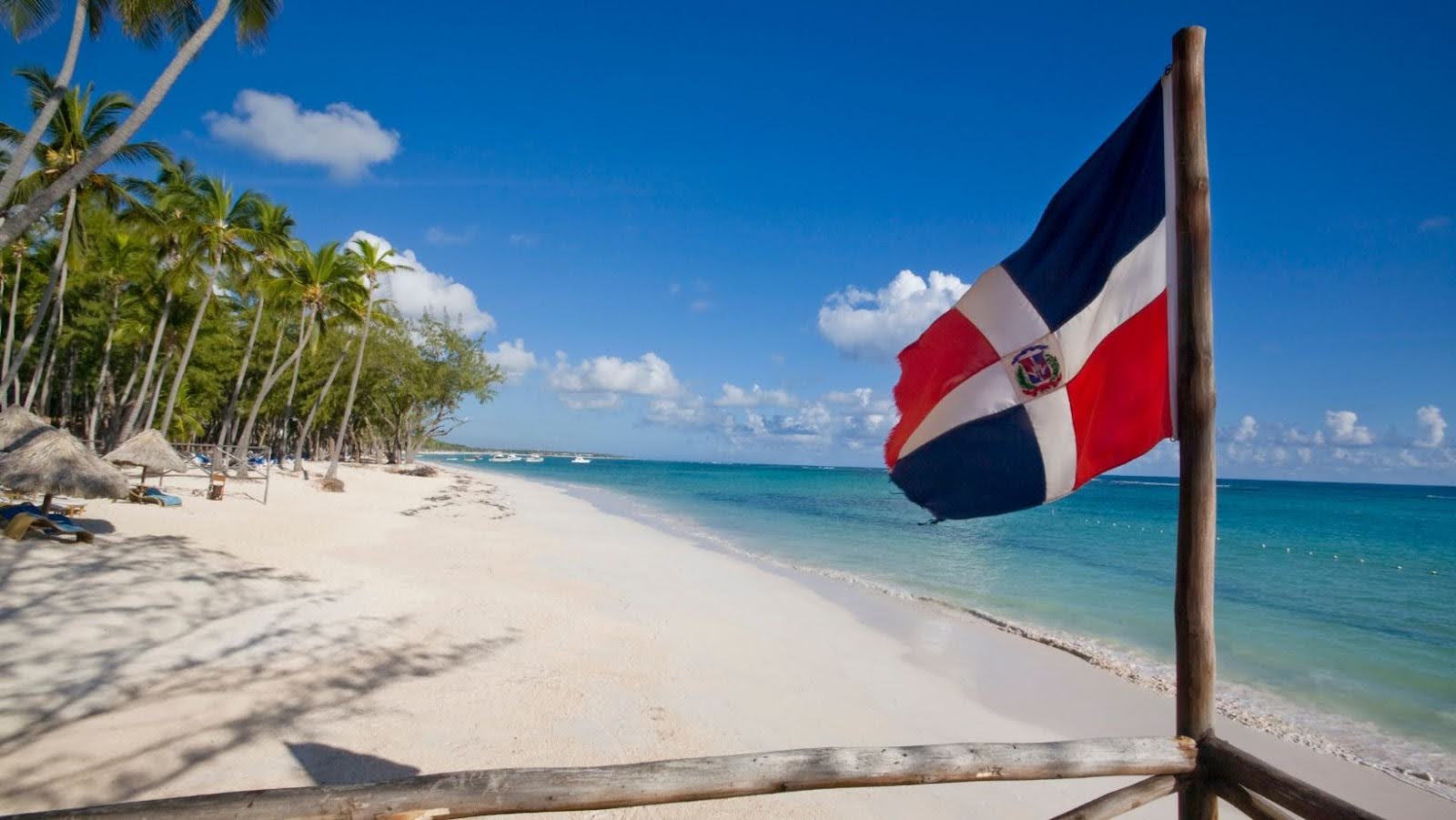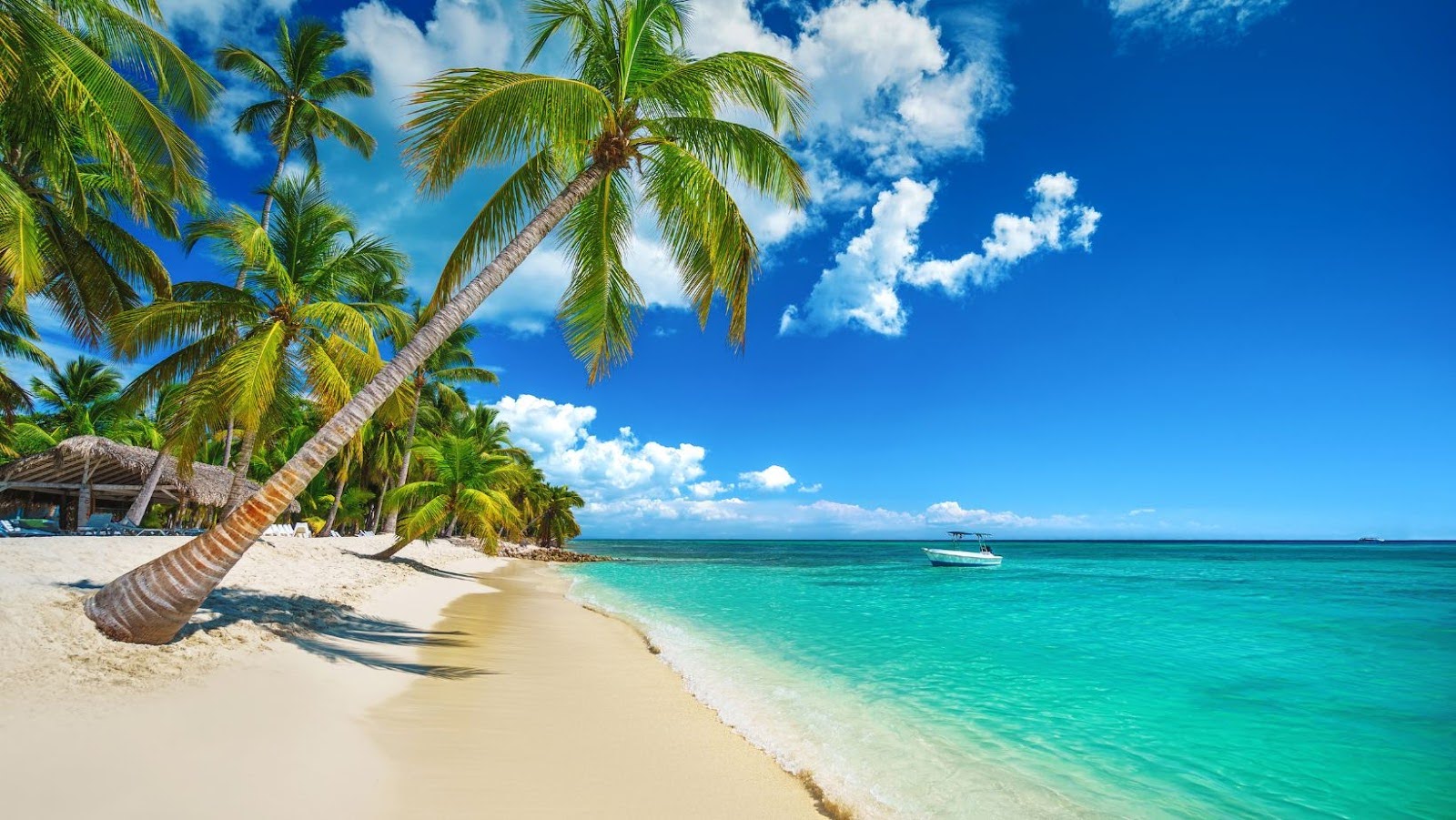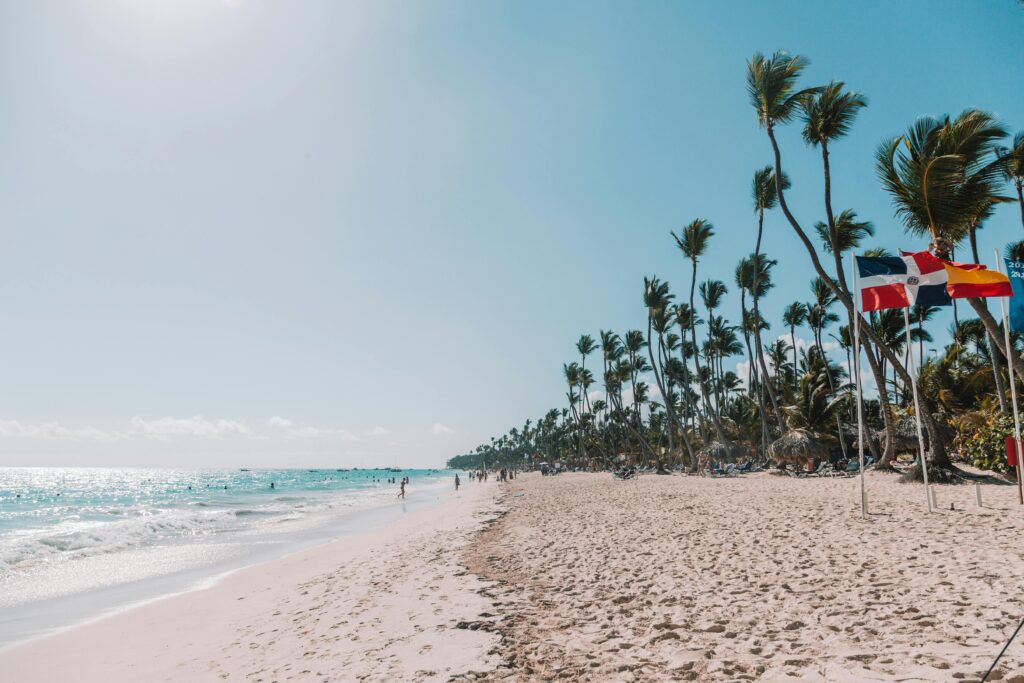If you’re planning to travel to the Dominican Republic, safety is likely one of your first questions — and rightly so. As with any international destination, it’s important to stay informed and take basic precautions. But let’s be clear: for tourists, the Dominican Republic is a safe and welcoming country, especially in major travel zones like Bayahibe, Punta Cana, La Romana, and Saona Island.
Each year, over six million international visitors choose to travel abroad to this vibrant Caribbean nation — most of them returning home with incredible memories and zero incidents. Here’s everything you need to know to ensure a safe trip.
1. What the Official Travel Advisories Say
The U.S. Department of State currently assigns the Dominican Republic a Level 2 advisory: Exercise Increased Caution. This is the same level applied to popular countries like France, Germany, or the UK. It simply means that travelers should stay alert — not that the country is unsafe.
These general travel advisories often reflect nationwide data, not the reality on the ground for foreign tourists, who are concentrated in secure areas with dedicated tourism infrastructure.
2. Strong Tourist Protection: The Role of CESTUR
One of the greatest assets for travellers to the Dominican Republic is the presence of CESTUR — the specialized tourist police. This unit is deployed in all major tourism zones and works specifically to protect foreigners, prevent scams, and provide help in case of emergencies. 
CESTUR officers are visible in airports, hotel zones, beaches, and excursion hubs. They’re trained in dealing with international travel concerns, speak multiple languages, and are easily approachable.
This means that when you’re traveling to the Dominican Republic as a tourist — especially in areas like Bayahibe or Punta Cana — you’re not on your own. You’re supported by a system that actively prioritizes your safety.
3. Crime: Facts vs. Sensationalism
Like in any country, petty crime such as pickpocketing or bag snatching can happen, especially in urban settings. But in tourist zones, these occurrences are rare — and easily avoidable by taking common-sense precautions.
Avoid walking alone at night in unfamiliar areas, keep your valuables secure, and use only authorized taxis or hotel-arranged transport. These are the same recommendations you’d follow whether you’re traveling in Barcelona, Miami, or Rome.
Crimes against tourists — including violent crime — remain exceptionally rare. The Dominican Republic is not classified as a high-risk or unsafe destination. In fact, the vast majority of visitors travel the country safely and without incident.
4. Excursions: Safer with Reputable Providers
Another way to enhance your security while traveling is to book excursions with established providers. For example, Quetzal Excursions offers private and small-group experiences to places like Saona Island, Catalina, and the Chavón River — all with licensed guides, insured transportation, and safety protocols aligned with national tourism standards.
By avoiding large crowds, unknown tour operators, or spontaneous offers, you significantly reduce your exposure to scams or logistical issues. Reputable companies also manage your travel arrangements, advise on what to pack in your luggage, and stay in touch in case of emergencies.
5. Entry Requirements and Travel Documents
To travel to the Dominican Republic, you’ll need a valid passport with at least six months’ validity. For most visitors from the U.S., Canada, or Europe, no visa is required thanks to a visa-waiver system — you simply fill out a free e-ticket online form before departure and again before you leave. If you’re not sure about the process, here’s a detailed guide on how to apply for the Dominican Republic e-ticket.
Before you travel internationally, make sure you have:
- Your travel insurance (including coverage for cancellation and medical evacuation)
- Your emergency contact details
- Copies of your passport and travel documents
Having these on hand ensures peace of mind in the rare event of lost baggage, delays, or health-related issues.
6. Health & Vaccination Tips
There are no mandatory vaccinations for entry, but it’s good practice to ensure your routine immunizations are up to date. Travel health precautions include:
- Using mosquito repellent (to prevent dengue or Zika)
- Drinking bottled water
- Bringing a small first aid kit for minor issues
The Dominican Republic has a solid health infrastructure in tourist areas, with hospitals and clinics near all major resorts and ports of entry.
7. Transport & Local Travel
Driving in the Dominican Republic can be a challenge for foreign travelers, as local road rules are not always followed, and signage may be confusing. If you choose to drive, stay vigilant, avoid rural areas after dark, and consider full coverage insurance.
A safer alternative? Let locals guide you. Companies like Quetzal Excursions provide door-to-door transport, safe drivers, and pre-vetted itineraries — ideal for travelling families, solo travelers, or couples looking for ease and comfort.
8. What to Do in Case of Emergency
In the rare case of a serious issue, tourists have access to embassies, consulates, and local emergency services. You can also register with programs like STEP (for U.S. citizens) or similar travel-information platforms that notify you of natural disasters, unrest, or health alerts.
Having a contingency plan and staying connected with your tour operator (such as Quetzal) ensures you always have someone to assist you, even during unexpected disruptions.
Final Thought: Yes, It Is Safe — And Incredible
The Dominican Republic is not just safe — it’s spectacular. With a blend of tropical nature, stunning beaches, and warm hospitality, it’s no wonder it ranks among the most visited countries in the Americas.
If you’re looking for an experience that’s secure, enriching, and far from the crowds, trust the local experts. At Quetzal Excursions, your safety, comfort, and peace of mind come first — so you can simply relax and enjoy everything this beautiful country has to offer.
Travel smart, travel informed — and have a safe journey to the Dominican Republic!



